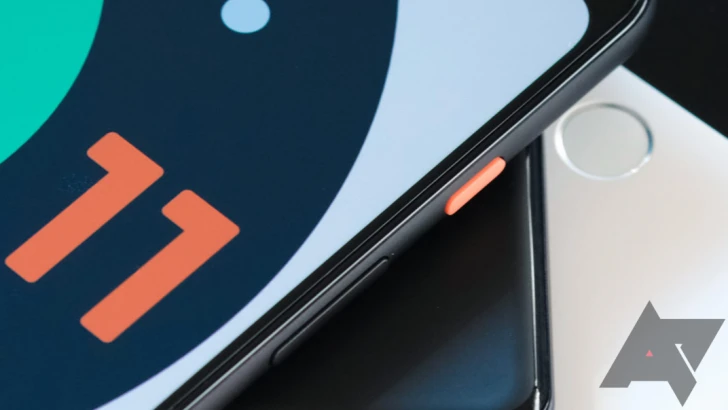STEPHANE DE SAKUTIN via Getty Images
–
In the background, the Eiffel Tower, while in a packed place du Trocadéro, “Liberté-Liberté” is sung against the new “gag law” of President Emmanuel Macron. In Paris and in other French cities he is thus demonstrating against the text on “global security” presented by the government and adopted yesterday evening at first reading in the National Assembly. The project, which sees among the speakers the former head of the leatherheads, the deputy of En Marche Jean-Michel Fauvergue, has become in the last week the simulacrum of the struggle for freedom of expression in France, opposing the binomial information-security.
The controversy was triggered above all by Article 24, which condemns the dissemination of images of agents or soldiers who may “threaten their physical or mental integrity” with a fine of 45 thousand euros and a year in prison. In other words, journalists and ordinary citizens will no longer be able to film or photograph policemen in action to protect them from any risks of retaliation. A measure long requested by the police unions, which has provoked the revolt of many media, but also of the left opposition and of the NGOs active in the defense of human rights, embarrassing a good part of the majority after the support received by the Marine Le Pen Rassemblement.
“In this way there will be no more cases like those of George Floyd (the African American who suffocated in Minneapolis during an arrest) or Benalla (Macron’s bodyguard caught attacking demonstrators). Thanks to the images it was possible at least to get these episodes out, but with the new law, a blank check is signed for the police, ”explains Yannick, 32, who came with a friend. “The violence by the police is there, it is a fact. During the yellow vests demonstrations that began in 2018, we saw protesters lose their eyes or hands to the police. Banning them from taking them again means denying such a situation, ”he adds, while the square continues to fill up.
Pierre remembers it well, a 47-year-old truck driver who came specifically from Normandy with his order vest, the same one already worn over and over again during the many events of the past months. “I made a 70 hour detention for violence against a public official, but in the end I was released thanks to the videos that had been shot in those moments that cleared me. Even the judge recognized it ”, he recalls with a defiant smile. “Filming a policeman certainly does not mean putting his physical or mental integrity in danger, also because we citizens pay him his salary”, he adds, while other comrades join him, all yellow vests.
By mid-afternoon the square is full. The flags of the trade unions are flanked by those of the left parties and some NGOs, while the agents search the demonstrators who continue to arrive. “Democracy dies in the dark”, reads a banner of the investigative newspaper Mediapart, while some billboards denounce a “liberticidal police state”.
The backward step taken by the government seems to have been of no use, which in a statement released yesterday announced an amendment not to hinder the “freedom to inform”. A purely formal gesture, which did not clarify the contours of an unclear law made even more ambiguous by the government’s attitude. To complicate an already tense atmosphere, the Minister of the Interior, Gerald Darmanin, also thought of it, who after a first protest that took place on Tuesday evening in front of the National Assembly, where several journalists were stopped, declared that to cover these events it is necessary first “Contact the prefecture of police”. A phrase sounded like a declaration of war against the French media, which in a common message published by Le Monde denounced a “particularly worrying context”, announcing that for no reason they will credit journalists when it is necessary to cover demonstrations.
Darmanin uttered “belligerent, aggressive and divisive” words, explains Laurent, a 28-year-old civil servant. “He does everything to reassure the right, he only addresses the police, without thinking about society and the French people as a whole,” says the boy.
A new controversy for Macron, which certainly will not help his image a year and a half before the next presidential elections.
–


